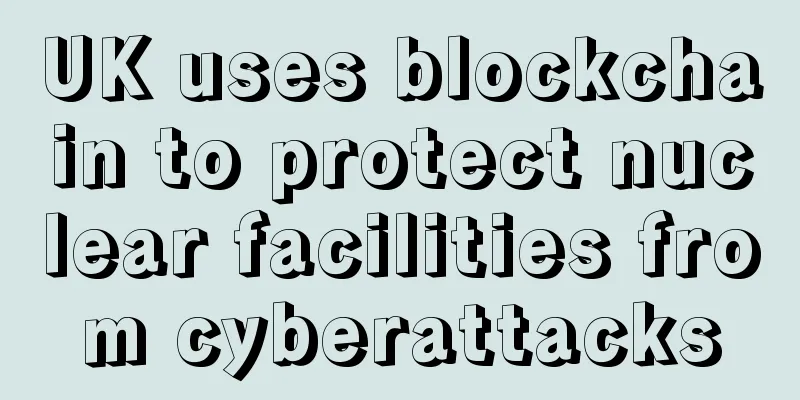UK uses blockchain to protect nuclear facilities from cyberattacks

|
Security specialist Guardtime has been commissioned to protect the UK’s nuclear power plants, flood defences and electricity grid from cyberattacks using its hash-based cryptography Keyless Signature Infrastructure (KSI) blockchain technology. The UK Infrastructure Agreement is a collaboration with Future Cities Catapult, a leading UK-based organisation focused on smart city innovation. The blockchain system can avoid attacks on a single node through distributed persistent data nodes in a trustless environment. It can create a private network through verification, or it can form a completely public network through many public nodes like Bitcoin. Guardtime has developed secure network solutions such as blockchain. Some of the company's cybersecurity experts have backgrounds in the US military, while others are Estonian technology innovators. Guardtime Chief Technology Officer Matthew Johnson said these industrial applications enable nuclear power systems and subsystems to maintain integrity and ensure management and control of platforms and networks. Johnson told reporters: “We can continuously monitor the integrity of the platform, giving operators with administrative access to software a real-time view of the system and the ability to correct unapproved configuration changes, ensuring no malware is running in the application and that configured data is being used responsibly.” He said the technology was primarily designed to prevent what happened in Natanz, Iran, from affecting Britain. Stuxnet was first detected in June 2010 and was the first "worm" virus specifically designed to attack real-world infrastructure (energy) facilities, such as nuclear power plants, dams, and national power grids. Internet security experts are concerned about this. On December 15, 2010, a senior German computer consultant said that the Stuxnet computer virus set back Tehran's nuclear program by two years. The malware repeatedly targeted Iran's nuclear facilities in 2010, causing damage by infiltrating the Windows operating system and reprogramming it. Guardtime has created a Keyless Signature Infrastructure (KSI) that will be built into an industrial-grade blockchain, which will allow any or all data within the system to be signed and its authenticity to be independently verified at any time, place, and in history. Dr Catherine Mulligan, head of digital strategy and economics at Future Cities Catapult, said in a statement: “Guardtime’s unique permissioned blockchain, which enables large-scale system integrity, has huge potential to improve the security of the UK’s core infrastructure and will form an important part of the government’s industrial strategy, demonstrating to the world how cities can become ‘smarter’ in the future.” |
<<: 12 new banks join blockchain consortium R3
>>: The Bitcoin Foundation’s bankruptcy could be a good thing
Recommend
How women can know their career fortune by looking at their faces
A person's career fortune can be seen from hi...
Bitcoin block expansion is at a stalemate, and core maintainers have no plans to expand?
The issue of Bitcoin block expansion is currently...
How Deloitte's Rubix platform will use blockchain technology
Earlier this year “Big Four” professional service...
Distributed ledgers are bound to promote the application of distributed power generation systems
Rage Comment : In Brooklyn, the United States, a ...
What is the fate of the rat?
"A rat crossing the street will be chased by...
Men with almond eyes are warm-hearted
What do almond eyes mean for men? Eyes are likene...
These five facial features are the most likely to play two boats
In a relationship, loyalty is the most important ...
The United States will reach its vaccine target in June. Tightening monetary policy is bearish for Bitcoin, but the outbreak in India becomes a variable
Wu said author | Rebecca Editor of this issue | C...
Ethereum mining pool Ethermine decides to distribute $2.6 million in transaction fees to miners
Etherchain, the owner of the Ethereum mining pool...
Why Bitcoin Became a Popular Star in American TV Series
Last year, Bitcoin played a major role in the TV ...
Palmistry tells you which palmistry has strong financial management ability
In the Chinese idiom collection, there is an idiom...
Bitcoin "double happiness": halving narrative launches and the ecosystem ushers in a new era
Unconsciously, with the constant changes of the &...
Is it true that people with pointed heads and narrow foreheads tend to be short-sighted?
There is a saying that people with pointed heads ...
Judging whether a woman is living a good life from her face
You can tell whether a woman is living a good lif...
Goodbye, 312
On the first anniversary of 312, the black swan e...









